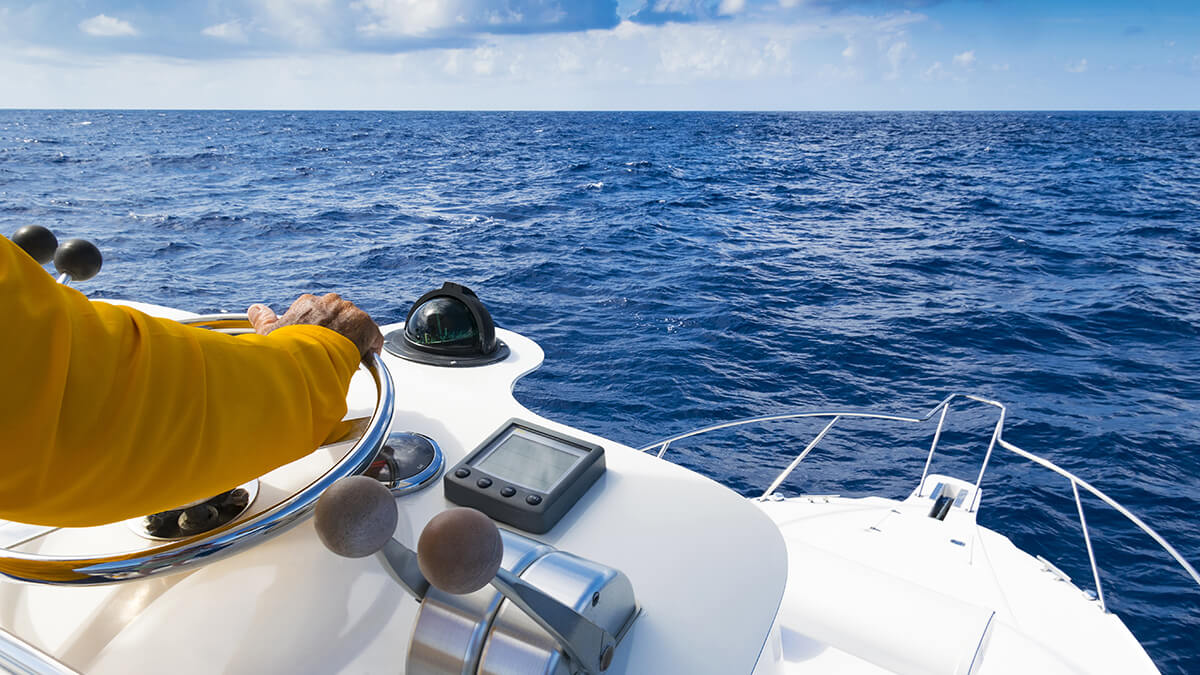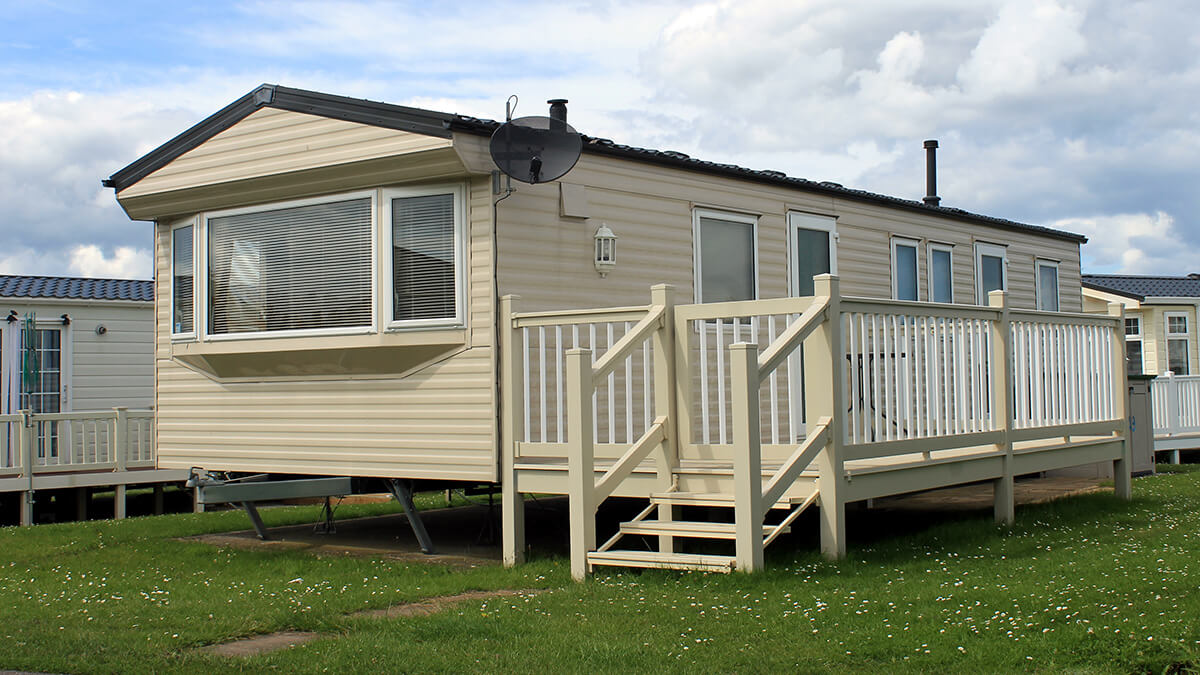Boating tips — Learn how to be safe on the water

The most common type of boating accident is a collision with another vessel, according to the U.S. Coast Guard. To avoid this and other issues on the water, here are some responsible boating tips that will help keep your family and your boat safe.
First, it is the responsibility of all boaters to know the rules of the water. Make sure you take a boating safety course to learn more about navigation rules. Some states have requirements in addition to the federal requirements, so it's good to check the laws in your specific state to learn more.
The most common type of boating accident is a collision with another vessel, according to the U.S. Coast Guard.
In addition, you should also:
- Have a lookout who can watch for other boats, people or hazards.
- Comply with all signs and respect barriers, including speed limits, no-wake zones and underwater obstructions.
- Drive at a safe speed.
- Keep a safe distance and speed when passing, meeting or overtaking another vessel.
- Be aware of the wake you make. Certain laws make you responsible for damage it may create.
- Enter anchoring or mooring areas at a slow speed.
- Remember the phrase "Red right returning"—when returning inland, keep red navigational aides (buoys, daymarks, lights) on your right when passing them.
- Power-driven vessels must give way to sailboats and fishing boats unless in smaller spaces, where it's harder for larger boats to maneuver.
- Radar is not required; but if you have it, you should use it.
- Be sure to anchor a safe distance from other boats to avoid tangling anchor lines.
- Have a designated driver—Boating Under the Influence (BUI) offenses are handled much like those for driving a car while intoxicated.
The U.S. Coast Guard has certain requirements you must follow, which may change depending on the size of your boat:
- Carry a personal flotation device for each person who is on board or towed. Personal flotation device laws for children vary by state.
- Be sure you have a sound-producing device, such as a bell, horn or whistle.
- Have at least one approved fire extinguisher on board.
- Carry approved visual distress signals.
- Equip your boat with backfire flame control.
- Use appropriate navigation lights at night.
Stay safe both on the shore and on your boat. Your safety is number one to us.


